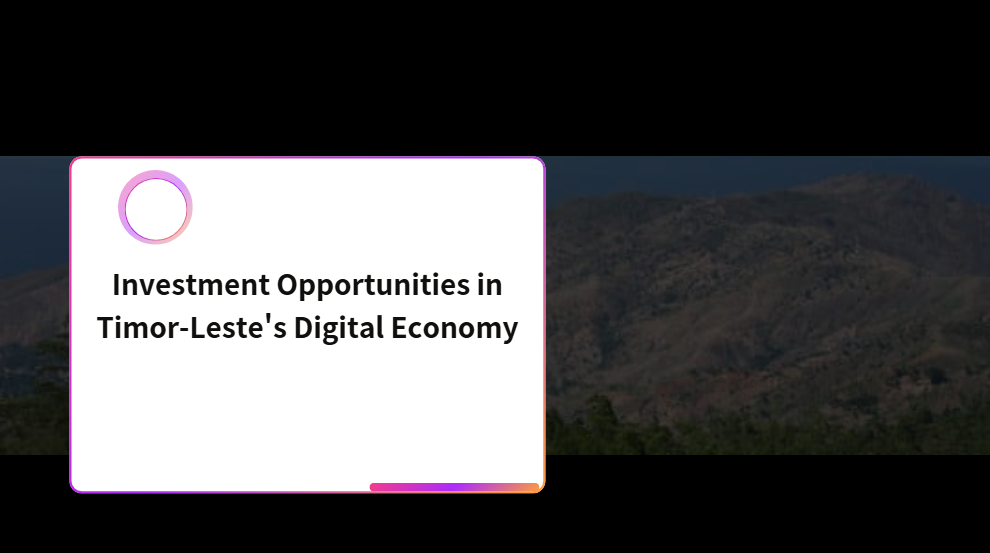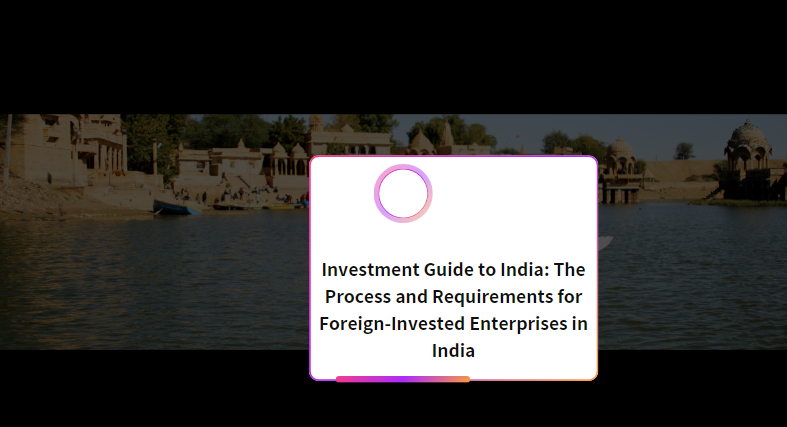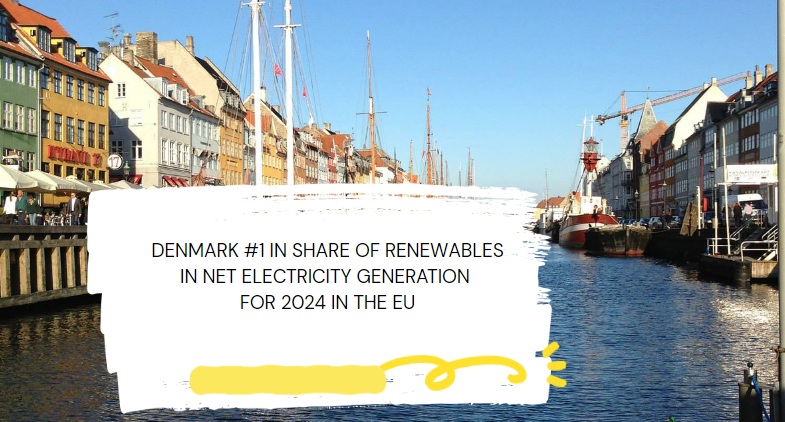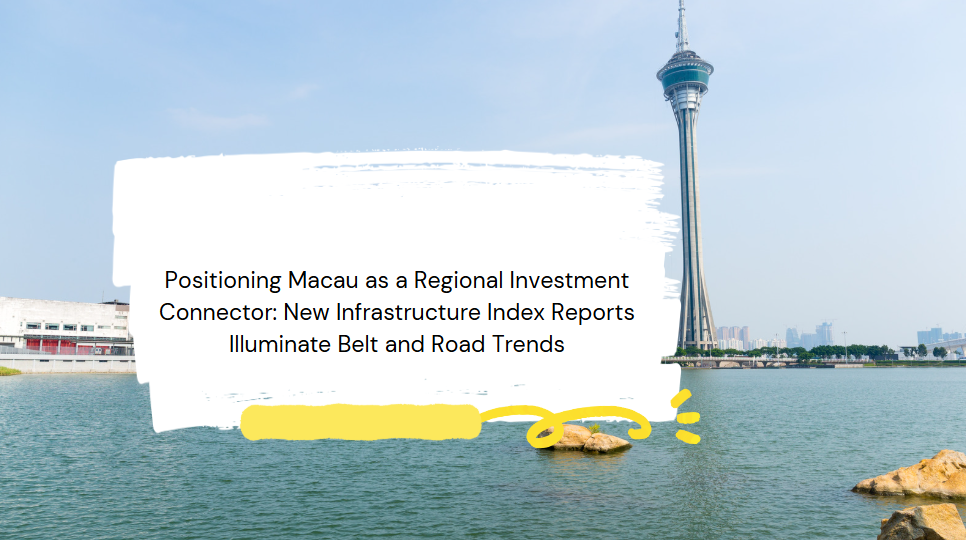Investing in Australia’s research sector a once-in-a-lifetime chance to attract global talent
The Trump administration’s attacks on research funding could see some of the world’s top academic talent head to our shores, but only if Australia boosts its investment in research, says UNSW Sydney Professor Richard Holden.
Australia’s capacity to independently fund and conduct research – our sovereign research capability – is essential for our economic and national security. This is the view of one of Australia’s leading economists, Professor Richard Holden, opens in a new window, Scientia Professor of Economics at UNSW Business School, and Nobel Laureate Professor Brian Schmidt AC, former Vice-Chancellor of the Australian National University.
The pair addressed the National Press Club of Australia today, warning how Australia’s sovereign research capability – which spans numerous fields from quantum computing and green energy to water management and advanced manufacturing – is at risk and how it must strengthen in the face of global uncertainty.
However, shifting geopolitics – including US President Donald Trump’s hostility towards universities – also presents Australia with a once-in-a-generation opportunity to attract international research talent.
“What’s happening to US research and researchers is shocking,” Prof. Holden told the Press Club audience. “But this act of American self-harm is our opportunity.
“And it’s an opportunity that has never arisen before and may never arise again.”
As Prime Minister Anthony Albanese’s newly elected government seeks to supercharge national productivity, Prof. Holden argued that sovereign research capacity was the most underleveraged driver of Australia’s economic resilience.
“It’s not an overstatement to say that generating and applying knowledge is the cornerstone of rising living standards,” Prof. Holden said. “Countries that consistently do it better can provide their citizens with more public goods like health care and high quality education, more opportunities for social mobility, and better lives.”
Prof. Schmidt said that ideas generated from research brought about prosperity and improved lives, mentioning breakthroughs in his area of astroparticle physics as laying the foundation for breakthroughs in consumer technologies like the iPhone. However, not enough was being done in Australia to support the long-term ecosystem from basic research to R&D intensive companies that Australia needed to boost productivity.
“We need entrepreneurs to take new ideas and work on the ‘good stuff’, but we also need to have a sea of ideas that is continuously replenished from which the innovators can fish for the next big thing,” Prof. Schmidt said. “This public-good basic research is a classic market failure and a place where governments need to intervene.”
A new research funding model needed
Prof. Schmidt said Australia’s policy environment did not fully support our aspirations. For example, AUKUS was also meant to create advanced capabilities in the physical sciences and engineering. Similarly, our critical minerals strategy required expertise across geology, geochemistry and engineering.
“As someone who recently finished leading a university that worked in all of these disciplines, let me tell you that current policy environment is forcing universities to divest and do less in these areas, not more,” Prof. Schmidt said. “Infrastructure and equipment, materials, and buildings of these subjects are the most expensive of any research areas and are not paid for by the Commonwealth.”





















































First, please LoginComment After ~